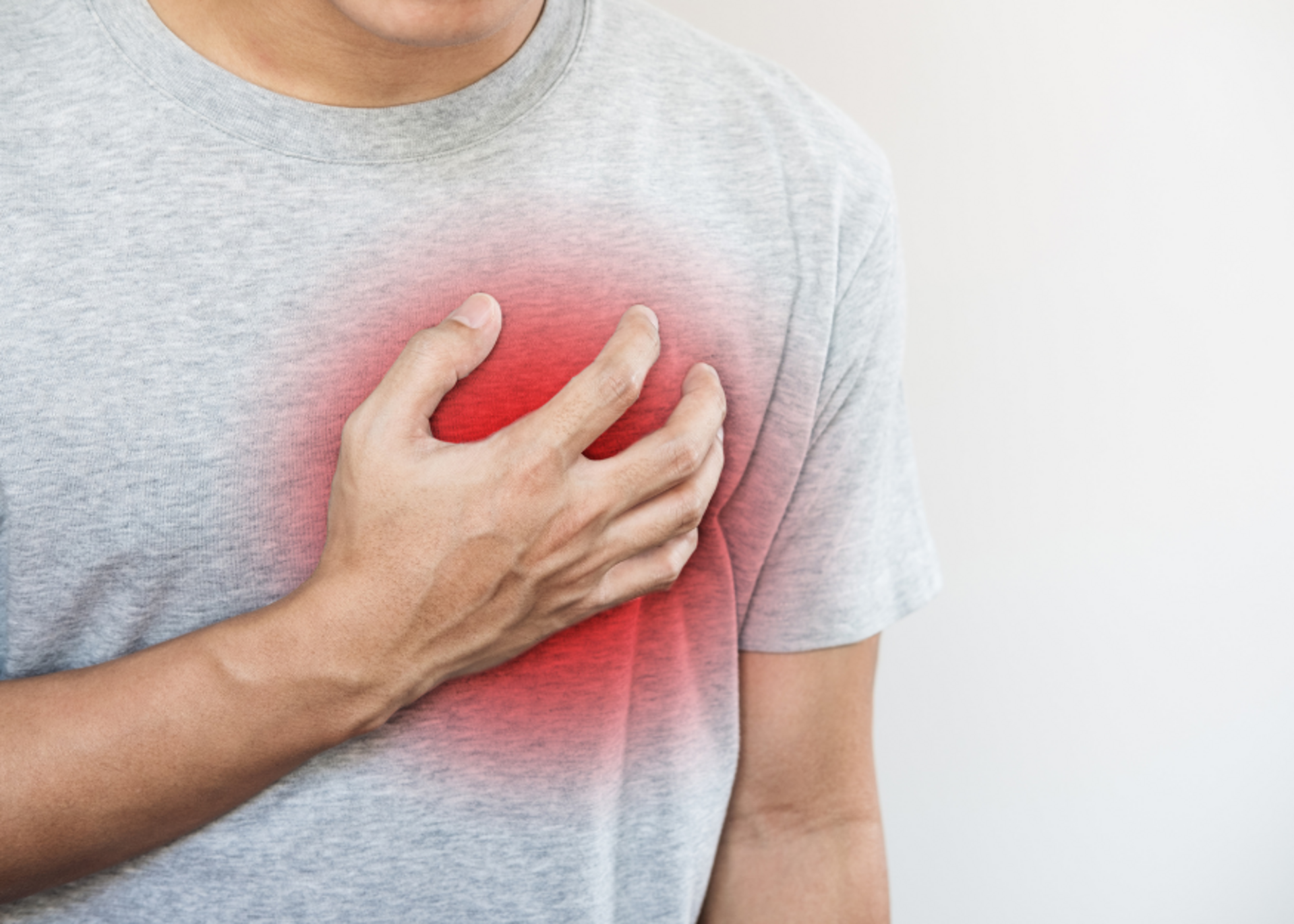A heart attack, also known as a myocardial infarction, is a life-changing event. But with timely treatment and proper post-heart attack care, many patients can return to a healthy and active life. As a Consultant Interventional Cardiologist in Latur, Dr. Mehul Rathod emphasizes that recovery doesn’t end at the hospital—it continues with structured follow-up care, lifestyle changes, and medical management to prevent future complications.
Understanding the Impact of a Heart Attack
A heart attack occurs when blood flow to part of the heart muscle is blocked, often due to a blood clot in a coronary artery. This lack of oxygen can damage or destroy heart muscle. The period following a heart attack is critical for healing, rehabilitation, and long-term prevention of further cardiac events.
Immediate Post-Heart Attack Care
Once the patient is stabilized, treatment focuses on restoring blood flow, minimizing heart damage, and preventing complications. Immediate interventions may include:
- Angioplasty and Stenting: A minimally invasive procedure to open blocked arteries and place a stent to keep them open.
- Medications: Blood thinners, cholesterol-lowering drugs, beta-blockers, and ACE inhibitors are started to support heart function and prevent further clot formation.
After discharge, the focus shifts to recovery and long-term management.
Key Components of Post-Heart Attack Treatment
1. Medications
Medications play a vital role in preventing another heart attack. These typically include:
- Antiplatelet drugs (e.g., aspirin, clopidogrel) to prevent blood clots
- Statins to control cholesterol levels
- Beta-blockers to reduce the heart’s workload
- ACE inhibitors or ARBs to control blood pressure and support heart healing
It's crucial to take medications as prescribed and attend regular follow-ups for dosage adjustments and monitoring.
2. Lifestyle Modifications
Making heart-healthy changes is essential to reduce risk factors. Dr. Mehul Rathod advises patients to adopt the following:
- Quit Smoking: Smoking is one of the most significant risk factors for heart attacks.
- Follow a Heart-Healthy Diet: Low in saturated fats, salt, and sugar; rich in fruits, vegetables, and whole grains.
- Exercise Regularly: Begin with light activity like walking and gradually increase under medical supervision.
- Manage Stress: Yoga, meditation, or counselling can help manage emotional health.
3. Cardiac Rehabilitation
Cardiac rehab is a medically supervised program designed to improve heart health after a heart attack. It includes:
- Exercise training tailored to individual capacity
- Education on heart-healthy living
- Counseling to reduce stress and improve mental well-being
This structured program significantly reduces the chances of another heart attack and improves long-term outcomes.
4. Monitoring and Regular Check-Ups
Post-heart attack patients need regular follow-up with their cardiologist to:
- Monitor heart function through ECG, ECHO, or stress tests
- Adjust medications as needed
- Track cholesterol, blood pressure, and blood sugar levels
Any new or recurring symptoms—such as chest pain, shortness of breath, or fatigue—should be reported immediately.
Mental and Emotional Recovery
Surviving a heart attack can be emotionally challenging. Many patients experience anxiety, fear, or depression during recovery. It is important to:
- Speak openly with your doctor about emotional symptoms
- Seek support from family, friends, or support groups
- Consider professional counseling if needed
A healthy mind contributes to a healthier heart.
Preventing Another Heart Attack
Secondary prevention is a key goal of post-heart attack treatment. This includes:
- Controlling underlying conditions like diabetes, hypertension, and high cholesterol
- Maintaining a healthy weight and BMI
- Limiting alcohol intake and ensuring quality sleep
By following the treatment plan and staying proactive, patients can significantly reduce their risk of future cardiac events.
When to Seek Immediate Medical Help
After a heart attack, watch for warning signs that need urgent attention:
- New or worsening chest pain
- Shortness of breath at rest or during mild activity
- Sudden dizziness or fainting
- Irregular heartbeat or palpitations
Do not ignore symptoms—prompt action can save lives.
Recovery after a heart attack is a journey that requires dedication, regular follow-up, and the right guidance. With comprehensive post-heart attack care, patients can lead a fulfilling life and reduce the risk of recurrence.
If you or a loved one has suffered a heart attack, trust Dr. Mehul Rathod, a leading Consultant Interventional Cardiologist in Latur, for personalized care and advanced cardiac treatment.
